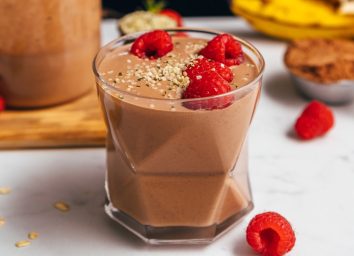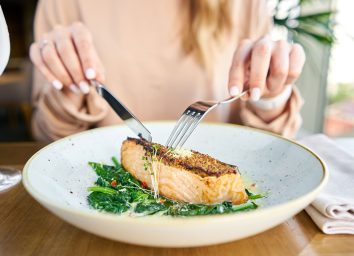Best Proteins To Eat for Stronger Muscles, Say Sports Dietitians
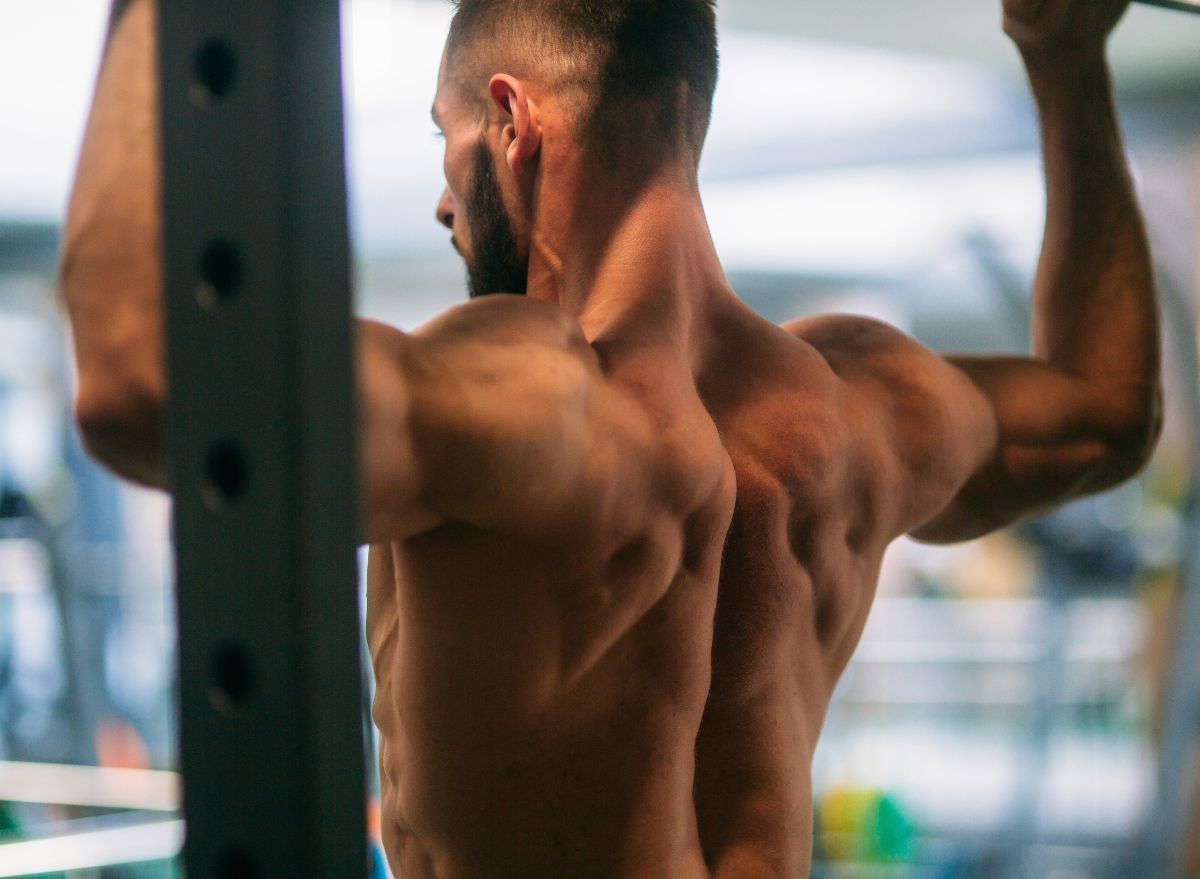
Protein has become so synonymous with health and fitness that marketers have found it's a critical selling tool on food packaging. You'll see "high protein" trumpeted everywhere and not just on protein bars and whey protein powders in the health foods section of grocery stores. Now you can buy protein cookies (that taste like cardboard), high protein pasta, bread, bagels and cereal, protein coffee and water, and more. Even foods that are naturally rich in protein like yogurt, cheese, fish, and meats are often touted (redundantly) as "high in protein."
The problem with protein mania is that too many people assume just eating a food marked as "high protein" is all you have to do to lose weight and get in shape. It doesn't work that way. If you want muscle and strength, a fitter and healthier body, ignore the hype and get the facts about the best proteins to eat for stronger muscles.
"When it comes to increasing muscle strength and building muscle, there are three main components you need: eating adequate calories (a caloric surplus if looking to gain muscle/weight), eating the right kind and amount of protein, and strength training," says our Medical Expert Board member Amy Goodson, MS, RD, CSSD, a board-certified specialist in sports dietetics and author of The Sports Nutrition Playbook. "Together, these three components can help make you stronger."
For the best results, Goodson recommends focusing on complete proteins, prioritizing animal proteins, for stronger muscles. Keep reading to find out what the benefits are of eating these specific types of protein, and for more, don't miss The Best Eating Habits for Stronger Muscles, Says Dietitian.
Not all proteins are created equal
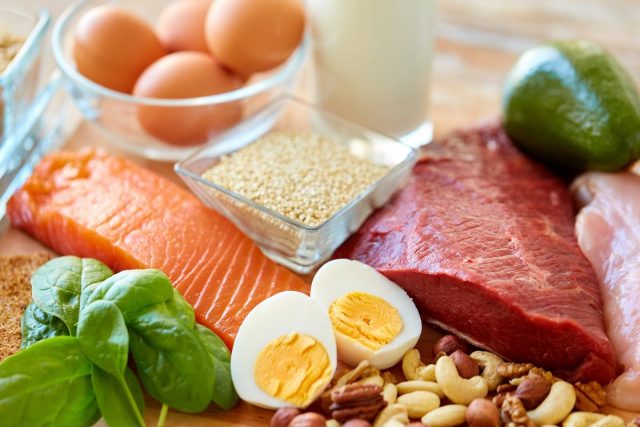
For stronger muscles, you need to eat a high-quality protein, known as a "complete protein," containing all nine of the essential amino acids that your body cannot make on its own. "These nine essential aminos are necessary for building and repairing lean muscle mass," says Goodson.
When it comes to specifics, you're safe with all animal sources of protein. "All animal foods like beef, pork, poultry, fish, dairy, and eggs are considered complete proteins," says Goodson.
As for plant-based proteins, you have to be more selective. "A few plant-based proteins like soy foods, quinoa, hemp seeds, and pistachios are considered complete plant-based proteins," she says. Other plant-based proteins like beans, legumes, lentils, other nuts and seeds, nuts and nut butters, are considered "incomplete proteins," meaning they do not contain all nine of the essential amino acids.
Animal meats are the best sources of protein for stronger muscles
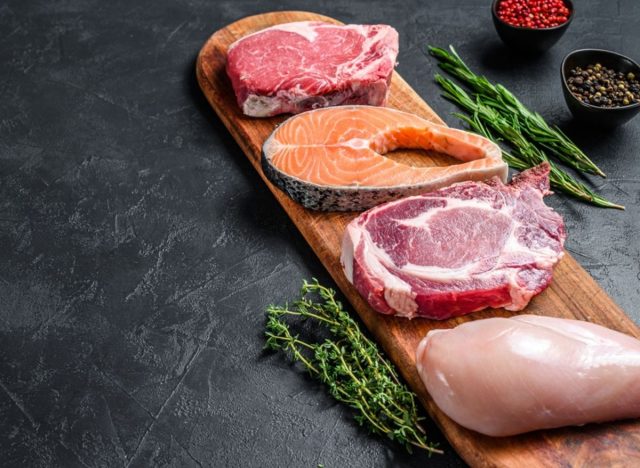
"If you want to build muscle and recover quickly from hard weight training, you need animal protein," says Elliot Torsney, RDN, a registered dietitian nutritionist and certified personal trainer at Den of Fitness.
Animal proteins tend to be more bioavailable to the body because plant foods also have fiber and other compounds that compete with proteins for absorption during digestion. (But that fiber also makes plant-based protein foods fantastic sources of protein for overall health.)
"Does that mean you can't gain muscle if you eat a plant-based diet? No, but it does mean that you need to be strategic with your protein intake and eat a variety of plant-based proteins to ensure you are getting all of the essential amino acids that your body cannot make," Goodson says. "Someone eating 100% plant-based may just need a little more protein to ensure they are meeting their needs."
How much protein is enough to gain muscle?
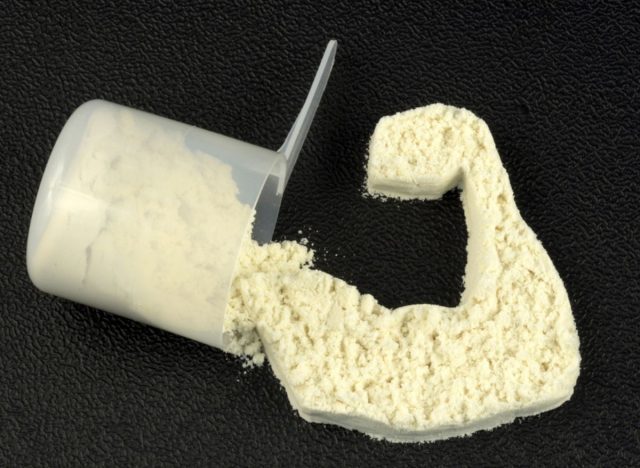
The long-held general guideline is 0.8 grams of protein for roughly every pound of body weight, but it's best to be a bit more specific, since "protein needs depend upon the size of the person and the type of physical activity he or she does," says Goodson.
For example, those who are moderately active and exercise a few days a week need 1 gram of protein per kilogram of body weight, those looking to lose weight while exercising should aim for 1.5 grams of protein per kilogram, and strength athletes need 1.6-1.7 grams per kilogram.
Don't like math? Here's a general recommendation:
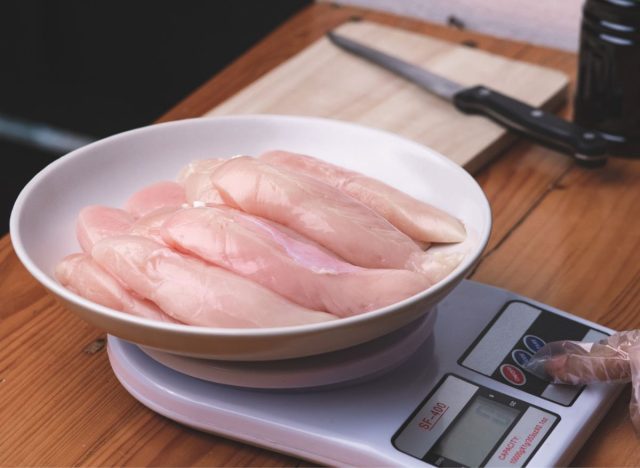
A simpler approach may be to just shoot for a certain number of protein grams per meal and snack.
Research suggests that around 30 grams of protein per meal and snack provides the body what it needs in addition to helping promote satiety and feelings of fullness, says Goodson.
"The important thing to remember is that excessive protein does not mean more muscle mass," says Goodson. "It's essential to eat that amount of protein you need, and distribute it over the course of the day, but balance that with high-quality carbohydrates and healthy fats."
In other words, eat some protein at every meal, about 30 grams.
And don't forget to consume 15 to 25 grams of high-quality protein within 45 minutes of finishing a workout. "For athletes who are larger in size you can go up to 40 grams of protein," says Goodson, "but research suggests that going over 40 grams of protein the body is not longer using it for muscle synthesis and will just convert it to energy."
The best protein after a workout for stronger muscles is whey protein
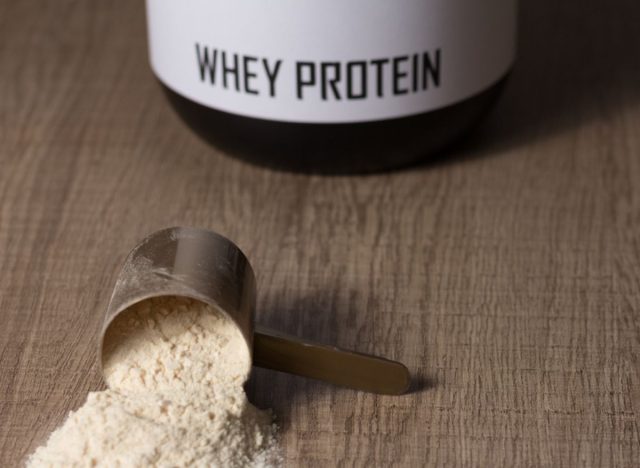
Strength training breaks down muscle. Protein repairs muscle, making it grow and grow stronger. "The 'light switch' to muscle resynthesis is an essential amino acid called leucine, which is found in all animal foods and a variety of plant foods," explains Goodson. Whey protein (in the form of shakes, bars and milk), is ideal for post-workout muscle resynthesis it is naturally high in leucine and digests quickly, speeding protein into the muscles.
Goodson recommends pairing around 20 grams of whey protein with quick digesting carbohydrate for recovery. "Good examples include a shake made with whey protein, milk and fruit, ready-to-drink shake, low-fat chocolate milk, or a protein bar with 15 to 25 grams of protein," she says.
Looking for a quality whey protein powder? Check out 9 Best Whey Protein Powders, According to Dietitians.

